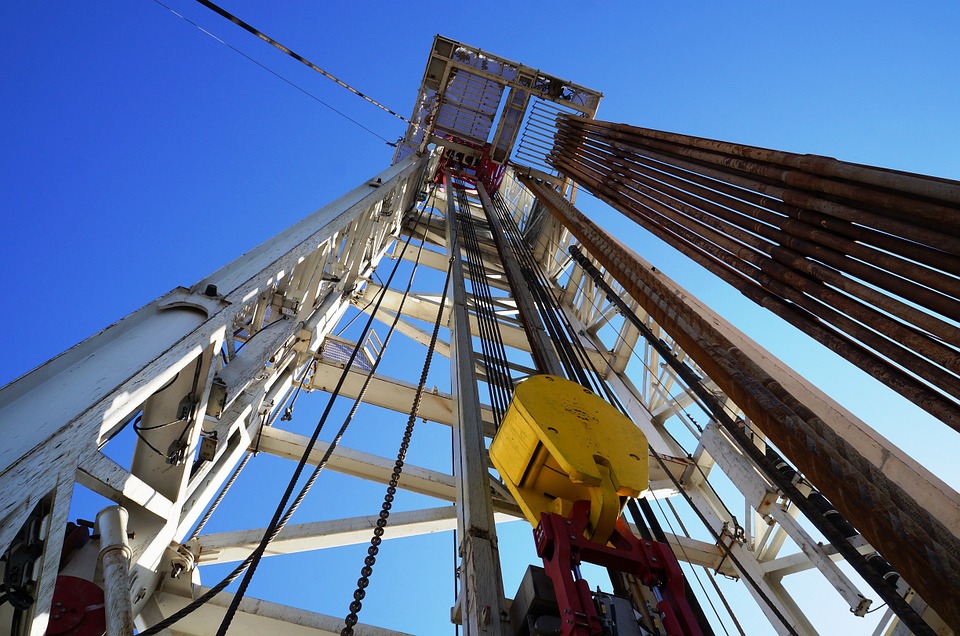"We do not think that it will be necessary, given the level of national implementation of production cuts agreements, which we see, as well as expectations of growth in demand, - said Khalid al-Falih, speaking in Abu Dhabi. - Restoring balance in the oil market, slow start of which we saw in 2016, will appear in full by the end of the first half of this year."
"Certainly, a lot can happen during this period, and we will be able to assess the situation by the end of June", - he added.
This summer, demand for oil will grow, and the OPEC countries want to be sure that the market will be provided with raw materials, the minister said.
Media have repeatedly stated that Khalid al-Falih is a master of subtle statements. He took the post of Saudi Energy Minister in May 2016, leaving Saudi Aramco’s Board of Directors. Since his arrival, the panicking market began to talk about a new collapse of oil prices.
The reasons for this were Khalid al-Falih’s accusations in disrupting the oil freeze negotiations held in April 2016 in Doha. It is difficult to predict outcome of the Minister’s new statements, especially against the background of overall uncertainty of market participants.
November 30, 2016, OPEC agreed to cut oil production by 1.2 million barrels per day (b/d) to 32.5 million b/d from January 1, 2017. Saudi Arabia has pledged to reduce output by 486 thousand b/d, which is the most significant decline among the cartel’s countries.
Other oil producers outside the OPEC agreed to reduce production by a total of 600 thousand b/d, including Russia within 300 thousand b/d.
Lower oil production will contribute to restoring the supply and demand balance on the world market, which will provide a further rise in oil prices, said Iranian Oil Minister Bijan Namdar Zanganeh, speaking on state radio.
According to him, oil prices rose after reaching the oil freeze agreement between the oil-producing countries. In January, the prices climbed higher thanks to news about implementation of the agreement.
"I hope the cutback will ensure stability of the oil market", - said Zanganeh.
US domestic oil production will increase in annual terms by 235,000 bpd in 2017, according to analysts Goldman Sachs. Current oil production is 8.95 million barrels per day.
source: reuters.com
"Certainly, a lot can happen during this period, and we will be able to assess the situation by the end of June", - he added.
This summer, demand for oil will grow, and the OPEC countries want to be sure that the market will be provided with raw materials, the minister said.
Media have repeatedly stated that Khalid al-Falih is a master of subtle statements. He took the post of Saudi Energy Minister in May 2016, leaving Saudi Aramco’s Board of Directors. Since his arrival, the panicking market began to talk about a new collapse of oil prices.
The reasons for this were Khalid al-Falih’s accusations in disrupting the oil freeze negotiations held in April 2016 in Doha. It is difficult to predict outcome of the Minister’s new statements, especially against the background of overall uncertainty of market participants.
November 30, 2016, OPEC agreed to cut oil production by 1.2 million barrels per day (b/d) to 32.5 million b/d from January 1, 2017. Saudi Arabia has pledged to reduce output by 486 thousand b/d, which is the most significant decline among the cartel’s countries.
Other oil producers outside the OPEC agreed to reduce production by a total of 600 thousand b/d, including Russia within 300 thousand b/d.
Lower oil production will contribute to restoring the supply and demand balance on the world market, which will provide a further rise in oil prices, said Iranian Oil Minister Bijan Namdar Zanganeh, speaking on state radio.
According to him, oil prices rose after reaching the oil freeze agreement between the oil-producing countries. In January, the prices climbed higher thanks to news about implementation of the agreement.
"I hope the cutback will ensure stability of the oil market", - said Zanganeh.
US domestic oil production will increase in annual terms by 235,000 bpd in 2017, according to analysts Goldman Sachs. Current oil production is 8.95 million barrels per day.
source: reuters.com





